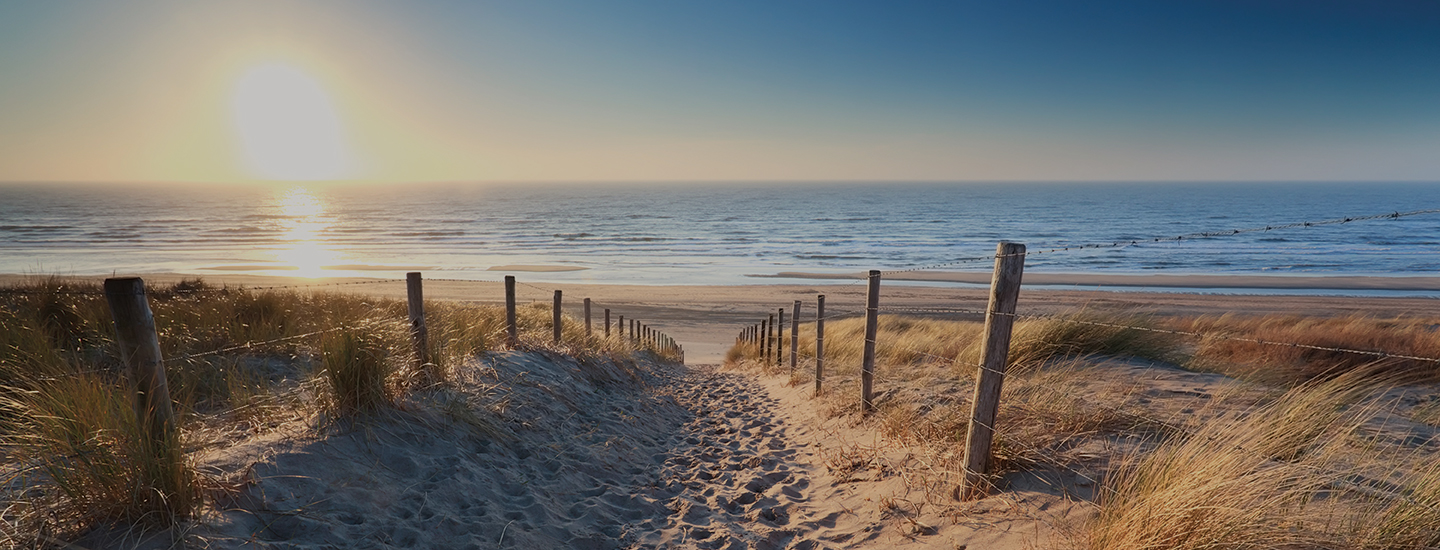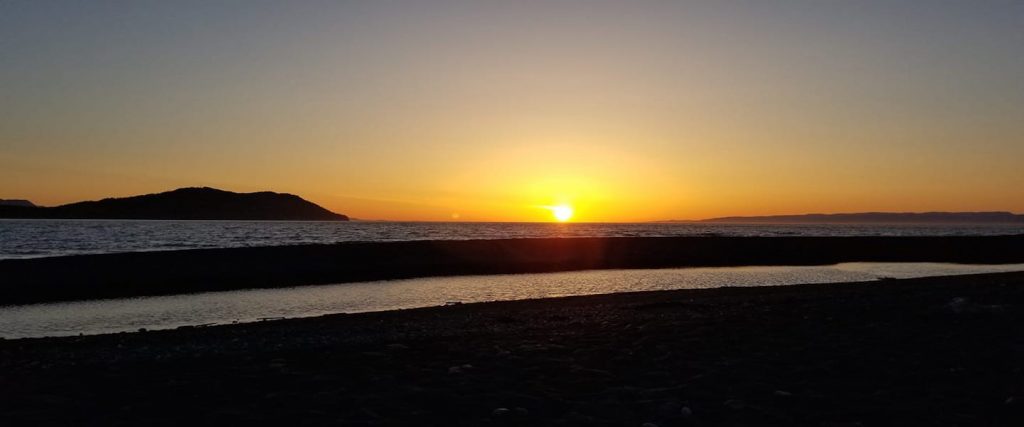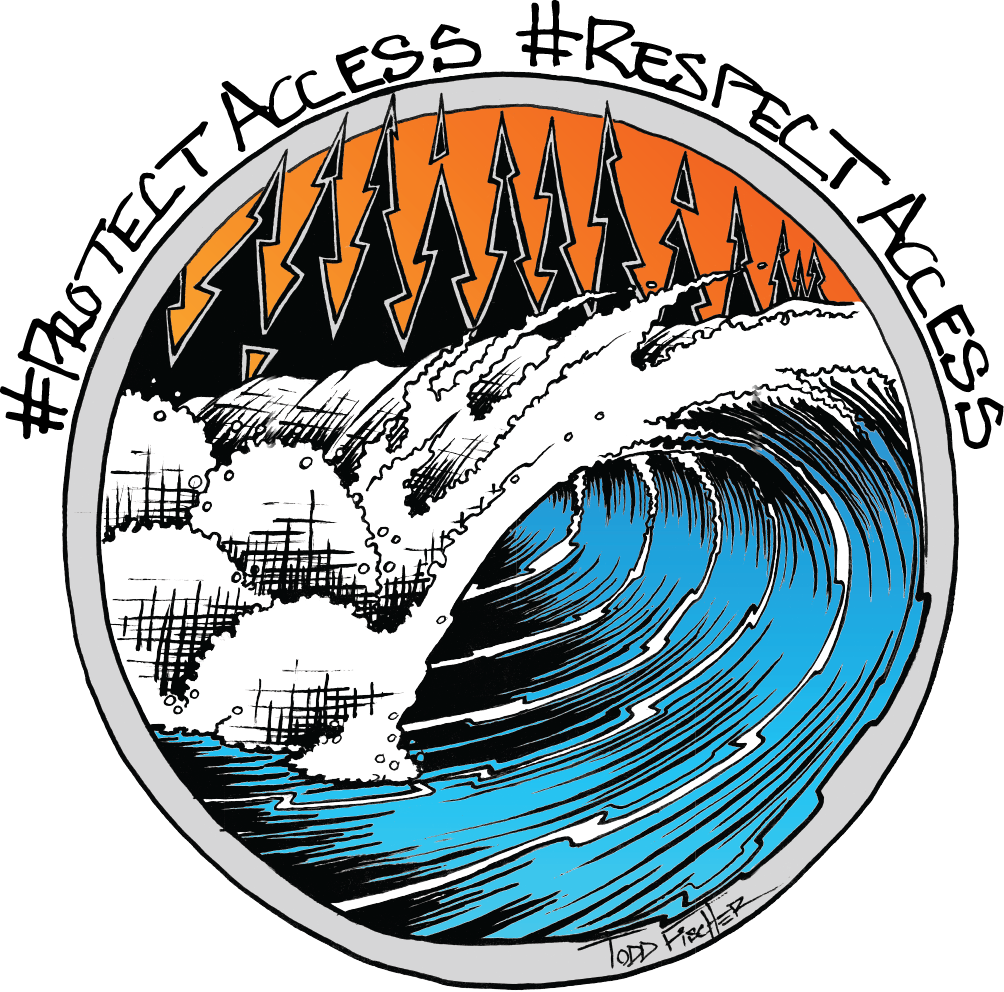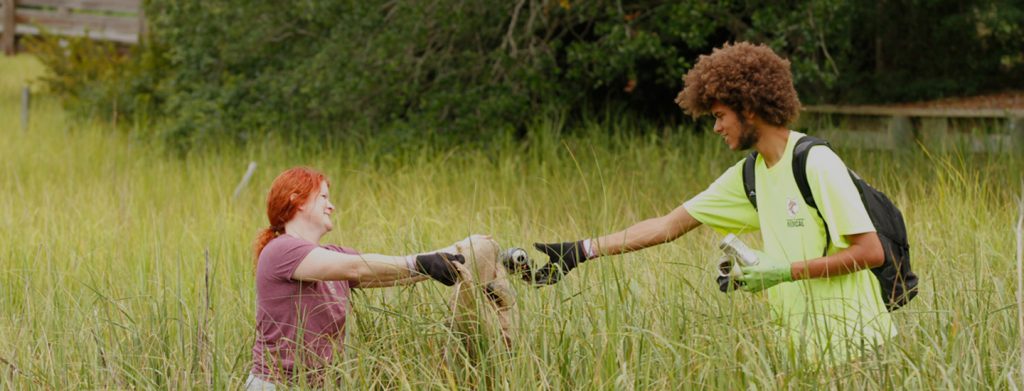
This past year has been extreme in many ways. As the pandemic continues to challenge our communities - endangering our loved ones, threatening our jobs, restricting travel, and contributing to heightened levels of anxiety and uncertainty - more and more of us are turning to the outdoors to find peace and solace. Research continues to point to the physical, mental, and emotional health benefits of spending time in nature, and this was evident in the unprecedented number of visitors to our parks and public beaches last year. Here on the peninsula, where coastal access is already limited, more and more people flocked to our shorelines to get some exercise, disconnect from negative news cycles, and spend time with friends and family in the relative safety of the outdoors.

More people means more impacts, and we want to encourage everyone to recreate responsibly so that we can manage these impacts, protect what we love, and continue to enjoy what makes the Olympic Peninsula such a unique and wonderful place. Protecting beach access is a key priority for the Surfrider Foundation, both nationally and locally. Your local Olympic Peninsula Chapter (OPC) continuously works to raise awareness about the challenges to coastal access and promote responsible recreation. For example, we recently published an OP beach access and camping guide to encourage people to #RespectAccess, #ProtectAccess.
Many of the public access points along our coast are managed by state, county, and tribal governments, and some access is permitted by private property owners. Regardless of who owns or manages an area, we are all responsible for respecting the land and ensuring continued access. If you’re planning a visit, there are a few simple things you can do to recreate responsibly.

Plan ahead and know before you go
Some areas can be dangerous due to tides or weather, or closed for other reasons, like restoration or road work. Make sure you have the appropriate clothing and equipment for the conditions, and check the tide tables, weather forecast, and anticipated swell, as these factors can all affect your ability to get home safely. Also, have a backup plan so that if you show up and the area is unexpectedly closed, or is already full and has no available parking, you have another place you can visit. That way you can continue to enjoy your day without being tempted to ignore a closure, park illegally, or put yourself at risk by entering a crowded area.
Every beach is different, both ecologically and in how it’s managed. Make sure you know what is and is not allowed on the beach. Plan ahead so you know if you are able to bring your dog, camp overnight, have a campfire, fish, or harvest shellfish. Respect sensitive habitats like dunes, and take care when exploring tidepools or other ecosystems. Purchase an access permit or pass if required. Follow Leave No Trace principles and avoid going off trail if it means trampling vegetation or disturbing wildlife. Of course pack out your own trash, and consider bringing a bag with you to pick up litter along the way and leave the beach or trail cleaner than you found it. Finally, choose to recreate closer to home when you can. Not only will you reduce your carbon footprint and combat the spread of COVID-19, but you might just find that hidden gem nearby!
Before you go:
- Check the tide and weather forecast
- Verify the beach or trail is open
- Know what’s allowed (*dogs, fires, fishing, camping)
- Have a back-up plan in case of closures or crowds
At the beach:
- Respect sensitive ecosystems
- Avoid going off trail
- Pack out your trash
- *Pick up your dog’s waste

We are all stewards of nature
In addition to respecting the land and reducing our individual impacts on it, we can also work together to improve these places. You can join one of Surfrider’s beach cleanup events or participate in a solo cleanup anytime. If you see large debris, such as abandoned fishing gear, creosote logs, or derelict vessels, you can report those sightings using the MyCoast app. Finally, if you see someone being a good steward, give them a friendly thank you!
Stewardship requires us all to take responsibility for the places we care about, places that provide us with adventure, solitude, excitement, solace, and so much more. Working together, we can protect and enjoy our ocean, waves, and beaches for generations to come.
*Surfrider Foundation is a 501c3 nonprofit, and chapters are volunteer-led. In addition to our efforts encouraging responsible recreation, we here at the OPC fund sanicans at popular beaches, conduct water quality testing at Hollywood Beach, and provide signage to educate beachgoers and surfers about how to enjoy the water safely. Each year, we offer scholarships to local students to support emerging coastal leaders. Please consider becoming a member, donating to support our work, or volunteering with us! More information can be found on our Get Involved page.
Additional resources:
- Resources for weather and tides: Tidesandcurrents.noaa.gov
- Report large marine debris, derelict vessels, and creosote logs by using the MyCoast app (go to mycoast.org/wa for more details).
- Report stranded marine animals using NOAA’s Dolphin & Whale911 app or call the West Coast Stranding Hotline at 1-866-767-6114
